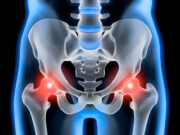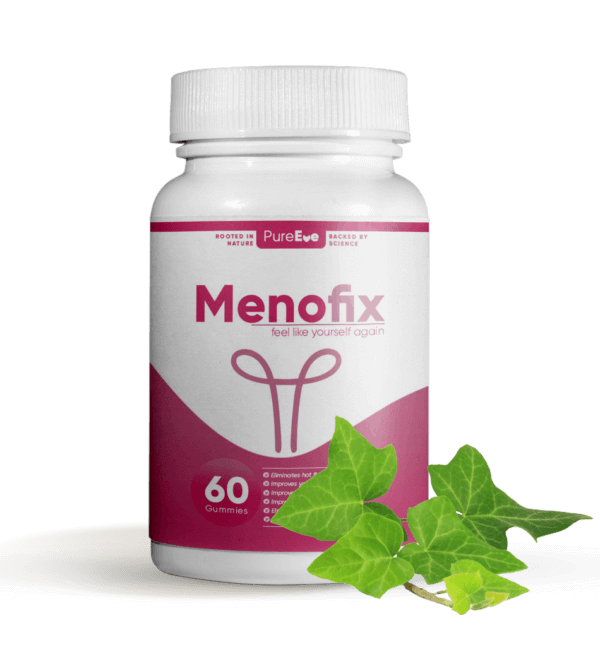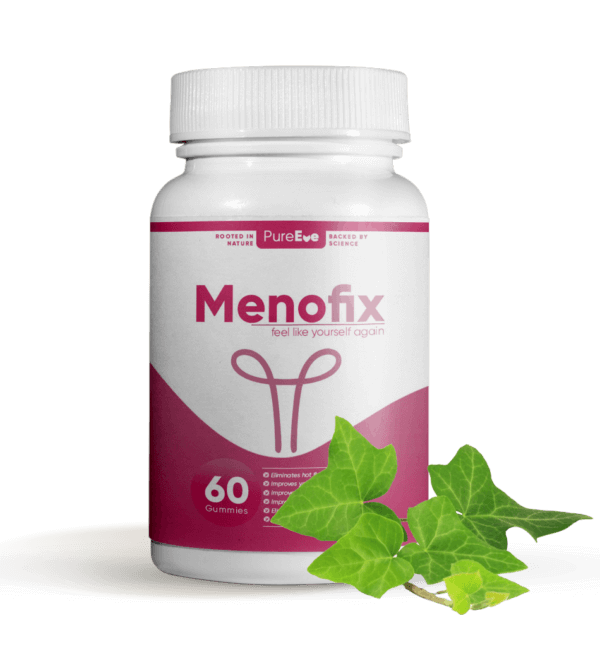Menopause weight gain is one of the most frustrating experiences many Nigerian women face in their late 40s and 50s. You wake up one morning, and suddenly your favorite native attire or office skirt no longer fits even though you haven’t changed your eating habits. Sounds familiar? You’re not alone.
Menopause changes your hormones, your metabolism, and even how your body stores fat. But here’s the good news you can manage menopause weight gain without starving yourself or giving up your favorite Nigerian meals.
Why Menopause Causes Weight Gain
During menopause, your body’s estrogen levels drop, which can lead to slower metabolism and increased fat storage especially around your belly. Other factors include:
Hormonal imbalance: Less estrogen leads to more abdominal fat.
Reduced muscle mass: As you age, muscle mass decreases, and you burn fewer calories.
Slower metabolism: Your body no longer burns energy as efficiently as before.
Lifestyle changes: Reduced activity levels, emotional eating, and stress can make weight gain worse.
These changes don’t mean you’re doomed to gain weight, it just means your body needs a new strategy.
Why Do I Gain Belly Fat During Menopause?
This is one of the most common frustrations for women in menopause. When estrogen levels fall, your body redirects fat storage from the hips and thighs to the abdominal area.
At the same time, metabolism slows down, and stress hormones like cortisol rise — both of which promote belly fat.
Tip: Add strength training, high-fiber foods, and enough sleep into your daily routine. They all help reduce abdominal fat naturally.
Can I Lose Weight During Menopause Naturally?
Yes, you can and you don’t need harsh dieting or fasting.
Natural weight loss during menopause comes from balanced eating, movement, and hormonal balance.
Here’s what works:
- Eat more protein (beans, eggs, fish, chicken) to maintain muscle and stay full longer.
- Move daily walk, dance, or stretch for 30 minutes.
- Drink enough water to flush toxins and reduce bloating.
- Manage stress and it lowers cortisol and belly fat.
How Nigerian Women Can Manage Menopause Weight Gain Naturally
You don’t need to starve or skip meals. What you need is balance, smarter food choices, and consistent movement. Let’s look at practical steps that fit our Nigerian lifestyle.
1. Eat More, But Eat Smart
Instead of cutting calories drastically, focus on quality over quantity. Fill your plate with:
High-protein foods like beans, fish, eggs, and chicken (they help control appetite and maintain muscle).
Healthy carbs from unripe plantains, brown rice, and whole wheat swallow.
Fiber-rich vegetables such as ugu (pumpkin leaves), okra, spinach, and cabbage — they aid digestion and keep you full longer.
Healthy fats from avocado, groundnuts, and olive oil.
Tip: Try portion control instead of food restriction. You can still enjoy efo riro or jollof rice — just eat smaller portions and balance with protein and veggies.
2. Stay Active — Even in Small Ways
You don’t need an expensive gym membership. Regular activity like:
Brisk walking 30 minutes daily
Dancing to your favorite Afrobeat songs
Climbing stairs instead of using the elevator
Light home workouts or yoga
These small, consistent actions help burn fat, boost mood, and improve hormonal balance.
3. Manage Stress and Sleep Well
Many Nigerian women juggle work, family, and business which often means less sleep and more stress. Both can raise cortisol, a hormone that promotes belly fat.
Action Plan: Aim for 7–8 hours of quality sleep and practice relaxation techniques like prayer, meditation, or evening walks.
4. Stay Hydrated
Water helps flush out toxins, supports metabolism, and reduces bloating. Aim to drink at least 2–3 liters daily.
Add lemon slices or cucumber for a refreshing twist.
5. Consider Menopause Supplements
Some menopause support supplements can help manage symptoms like hot flashes, fatigue, and hormonal imbalance.
Look for supplements that include:
Calcium and Vitamin D (for bone health)
Black cohosh (for hot flashes)
Omega-3 fatty acids (for heart and hormone support)
Magnesium and Vitamin B complex (for energy and mood balance)
6. Don’t Skip Medical Checkups
If your weight increases quickly despite healthy habits, check for thyroid or blood-sugar issues. Early testing helps manage the problem before it worsens.
What Foods Should I Avoid?
During menopause, some foods make symptoms and weight gain worse. Limit or avoid:
Sugary drinks and alcohol — they cause bloating and insulin spikes.
Fried foods and pastries — heavy in unhealthy fats.
Processed snacks — biscuits, chips, instant noodles.
Too much salt — leads to water retention and bloating.
How to Prevent Weight Gain During Menopause
- Start strength training to maintain muscle.
- Control portion sizes instead of skipping meals.
- Reduce refined carbs and replace them with whole grains.
- Stay consistent — results come with time.
How Long Does Menopause Weight Gain Last?
Weight gain during menopause often starts around perimenopause (ages 45–55) and can last a few years if not managed.
Once your hormones stabilize and you adopt healthy habits, the weight usually levels out. The key is early action: don’t wait until it feels uncontrollable.
Can Supplements Help Reduce Weight Gain?
Yes — supplements can help balance hormones and improve energy when used properly.
Look for ones that include:
Vitamin D & Calcium: for bone and hormone health
Omega-3 fatty acids: reduce inflammation and fat storage
Black Cohosh: helps with hot flashes and mood
Magnesium & B-complex vitamins: boost energy and reduce bloating

Are you currently struggling with menopause symptoms? Share your experience in the comments below or check out Menofix, a trusted menopause supplement that helps balance hormones and support healthy weight.
What Is the Best Thing to Take for Menopause Weight Gain
Combine lifestyle changes with natural support:
Balanced Nigerian diet
Menopause supplements (like Menofix, Vitamin D, Omega-3)
Plenty of hydration
Regular activity and stress control
This combination helps your hormones settle while maintaining a healthy weight.
What Is Considered Unhealthy Weight Gain
You might be gaining weight unhealthily if you:
Add 5–7 kg or more within months
Notice rapid belly enlargement
Feel tired, short of breath, or have high blood pressure
If these apply, adjust your habits or talk to your healthcare provider.
Frequently Asked Questions (FAQ)
1. Can you flatten a menopause belly?
Yes. Regular exercise, portion control, and stress management help tone your belly and reduce bloating.
2. How do you lose weight during menopause?
Eat more protein, reduce sugar and refined carbs, drink enough water, and move every day.
3. How do I tell if weight gain is fat or water?
Water weight changes quickly and causes puffiness; fat gain builds gradually and increases waistline.
4. What is the best diet for a 50-year-old woman going through menopause?
A balanced diet rich in lean proteins, fruits, vegetables, whole grains, and healthy fats. Limit fried and sugary foods.



















